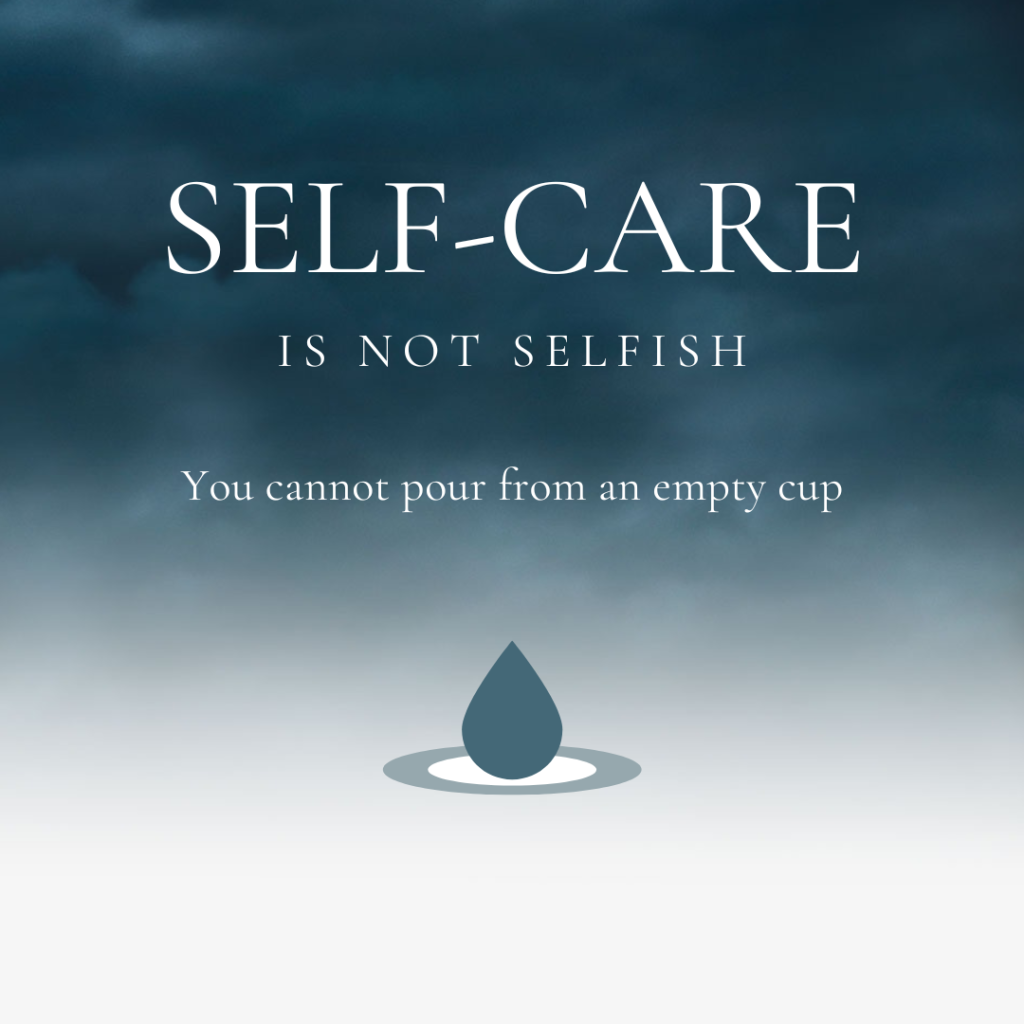Title: Elevate Your Well-Being: Essential Self-Care Practices for a Balanced Life
In the fast-paced world we live in, taking time for yourself can often feel like a luxury rather than a necessity. However, incorporating self-care practices into your daily routine is not just about indulgence—it’s a crucial component of maintaining both mental and physical health. Whether you’re looking to reduce stress, enhance your productivity, or simply reconnect with yourself, these self-care practices offer practical and impactful ways to nurture your well-being.
1. Mindful Meditation: Cultivating Inner Calm
Meditation is more than just a buzzword; it’s a powerful tool for reducing stress and improving mental clarity. By dedicating just a few minutes each day to mindful meditation, you can create a sense of peace and focus that carries throughout the day.
How to Start:
- Find a Quiet Space: Choose a comfortable spot where you can sit or lie down undisturbed.
- Set a Timer: Begin with 5-10 minutes and gradually increase as you become more comfortable.
- Focus on Your Breath: Pay attention to your breathing and gently guide your mind back when distractions arise.
Tip: Apps like Headspace or Calm offer guided meditations that are perfect for beginners.
2. Journaling for Reflection: Unleashing Your Inner Thoughts
Journaling is a powerful self-care practice that allows you to explore your thoughts, emotions, and experiences. It’s a therapeutic way to reflect on your daily life, set goals, and track your progress.
How to Start:
- Choose Your Medium: Use a traditional notebook, a digital journal, or even a dedicated app.
- Set Aside Time: Dedicate a few minutes each day or week to write freely about your thoughts, experiences, and feelings.
- Be Honest: Write without judgment or censorship to fully explore your emotions and ideas.
Tip: Incorporate prompts such as “What am I grateful for today?” or “What challenges did I overcome this week?” to guide your journaling sessions.
3. Physical Activity: Energizing Your Body and Mind
Regular exercise is a cornerstone of self-care that supports both physical health and mental well-being. Whether it’s a vigorous workout or a gentle yoga session, physical activity can boost your mood, increase energy levels, and improve overall health.
How to Start:
- Find Activities You Enjoy: Experiment with different forms of exercise like walking, cycling, dancing, or yoga.
- Set Realistic Goals: Aim for at least 150 minutes of moderate-intensity exercise per week, but start with what feels manageable for you.
- Listen to Your Body: Choose activities that make you feel good and adjust intensity based on how your body responds.
Tip: Incorporate movement into your daily routine, such as taking the stairs or going for a walk during lunch breaks.
4. Healthy Eating: Nourishing Your Body from Within
Nutrition plays a vital role in how you feel and function daily. Eating a balanced diet rich in fruits, vegetables, whole grains, and lean proteins can enhance your mood, energy levels, and overall health.
How to Start:
- Plan Balanced Meals: Aim to include a variety of food groups in each meal, focusing on whole, unprocessed foods.
- Stay Hydrated: Drink plenty of water throughout the day to maintain hydration and support bodily functions.
- Practice Mindful Eating: Pay attention to hunger cues and eat slowly to enjoy your food and prevent overeating.
Tip: Prepare simple, nutritious meals ahead of time to make healthy eating more convenient and sustainable.
5. Quality Sleep: Restoring Your Body and Mind
Adequate sleep is essential for recovery, mental clarity, and overall well-being. Prioritizing good sleep hygiene can significantly impact how rested and rejuvenated you feel.
How to Start:
- Establish a Routine: Go to bed and wake up at the same time each day to regulate your internal clock.
- Create a Sleep-Friendly Environment: Make your bedroom conducive to sleep by keeping it dark, quiet, and cool.
- Limit Screen Time: Avoid screens at least an hour before bedtime to reduce blue light exposure, which can interfere with sleep quality.
Tip: Incorporate relaxing activities into your pre-sleep routine, such as reading or taking a warm bath, to signal to your body that it’s time to wind down.
6. Creative Outlets: Expressing Yourself for Fulfillment
Engaging in creative activities can be a fulfilling way to express yourself and relieve stress. Whether it’s painting, writing, crafting, or playing an instrument, creativity can serve as a valuable self-care practice.
How to Start:
- Explore Your Interests: Find a creative activity that excites you and allows you to express your emotions and ideas.
- Set Aside Time: Dedicate regular time to your chosen creative outlet, even if it’s just a few minutes each week.
- Enjoy the Process: Focus on the joy of creating rather than the outcome or skill level.
Tip: Join a local class or online community to connect with others who share your creative interests and provide support and inspiration.
Conclusion
Incorporating self-care practices into your daily routine is an investment in your overall well-being. By prioritizing activities like mindful meditation, journaling, physical exercise, healthy eating, quality sleep, and creative expression, you can foster a balanced and fulfilling life. Remember, self-care is not a luxury but a necessity for maintaining your mental, emotional, and physical health.
Embrace these practices and tailor them to fit your unique needs and preferences. Your well-being deserves the attention and care that these self-care strategies can provide. Here’s to a healthier, happier, and more balanced you!



